Wot - No Hippo?! (or crocodile)

Vega
Hugh and Annie
Fri 11 Dec 2015 20:18
13:27.0N 15:48.0W One thing we have discovered on this safari up the River Gambia is how elusive the wildlife is. You would think that you’d be fearing for your life at every turn. After all, more people are killed by hippo in Africa than lions. If you are harvesting rice in one of the many rice fields next to the river and happen to run into one having an afternoon siesta or early morning graze then I suppose you could be in trouble. If, on the other hand, you are drifting around their supposed haunts, camera in hand, hardly daring to breath or make any sound at all, searching for the merest ripple or glint of sunlight on the water, then no chance. They can sense a camera wielding tourist a mile away and disappear without a trace, no doubt giggling their way into the undergrowth or to the bottom of the river.Having spent three days motoring up river towards fresh water and with two days still to go we were beginning to wonder whether it was really worth it, given our limited time here. However, we arrived at Farafenni to find Swiss yacht Single Malt anchored ahead of us with Edi and Almuth on board. They had been on a road trip up to Georgetown organised by local fixer Dam and seen hippo. We could do the same, save a couple of days of motoring in the boat and see hippo into the bargain! Dam was only too pleased to help and the following morning we were on our way. As it turned out this was a great thing to do because we saw more of rural Gambia than we would have done from the boat; visiting a school, seeing villages, visiting the Gambian equivalent of Stonehenge and also visiting a former “slave centre” at Georgetown complete with modern scaffold clamps being passed off as manacles and a doctored visitors' book to make you think large donations had been given by previous visitors. Edi and Almuth’s 100 Dalasi (£1.70) had grown to 900 by the time we arrived. Still, slave con notwithstanding and despite what you will have gathered was a hippo free boat ride along the river from our hotel, we had a great overnight trip. The last day or so we have been anchored at Tendaba where there is a small village and adjoining tourist camp that is actually a thriving locally owned and run enterprise, facilitating conferences and activities for Gambians as well as tourist accommodation for those wishing to visit the nearby National Nature Reserves. We engaged a local man to take us out to the wetland reserve on the other side of the river, having been persuaded to support him rather than the rather more professional and expensive trip from the camp. Nile Crocodiles were the intended target and we had a really lovely three and a half hours from early sunrise drifting around within the mangrove. Lots of birds, lovely scenery, very tranquil. No crocodiles. Whilst at Farafenni we had Edi and Almuth on board for drinks and we also went across to them. Edi (79 years old!) has been living on his boat since 1991 and Almuth with him since 1998. They have been everywhere bar the arctic and antarctic and particularly favoured remote islands in the Pacific. Their Swiss/German combination makes for, as you might imagine, a pretty tightly run ship and their metalwork puts ours to shame. Needless to say we discussed our experiences of the Gambia, Edi in rather forthright terms. We had broadly similar experiences, particularly in the way business is undertaken. The Gambian approach is to offer a service (guiding, fixing or whatever) with a haggled price for the job but no fee for the individual providing the service. This is undertaken for “goodwill” only, but of course the client may be prepared to offer a tip if he is happy with the service provided. As the guiding or whatever continues the conversation is always steered towards the cost of rice, cost of schooling, cost of family support and so on so that when the task is complete the pressure for the tip is strong and whatever you offer is never enough. This means that transactions, other than direct purchases, are never for a fixed price and the inevitable outcome not always comfortable. Even when purchasing anything directly you never know quite how much over the odds you are being asked for and there is an ongoing conflict between not wishing to appear ungenerous but at the same time not wanting to be overly ripped off. If uncertain you walk away and if you are followed with an entreaty to complete the purchase you know you can go lower. If you are not followed then you have gone too low. It is quite wearing and you have to be firm and thick skinned to feel comfortable. White tourists are seen as wealthy, even though those on package holidays probably aren’t, and you are not allowed to forget the colonial past and slavery, even if just for a good opportunity to exact a few more Dalasi. This afternoon we decided against an overland safari to see, or probably not see, the likes of baboon and antelope and opted instead for a guided visit of the village, rice fields and school. Our guide was a charming and thoughtful young man of 20 called Mamadi who introduced us to various of his friends, mothers, fathers, step-fathers, uncles, school teachers and so on. Its rather confusing with members of the extended family being referred to as mother, father, brother or sister and with men allowed up to four wives. Alex and Mamadi got on well and his presence meant that we could circulate freely, accompanied for much of the time by groups of young children anxious to hold hands and walk with us. The children are so engaging and even the tiny tots wave and giggle at you; and there are so many of them. I hadn’t really noticed until Alex pointed out that 40% of the population here is under the age of 14. We haven’t seen very many “old” people at all.This is presumably a testament to improved anti and post natal care but it does make you wonder how this rapidly expanding population is going to be provided for if living standards are not raised above the subsistence level we have seen. We have met several very bright and enterprising young men and almost without exception they tell you their ambition is to go to Europe. If you wish to see the drivers of economic migration then the Gambia is a good place to start. Clean water for the village is provided from a borehole and pump, financed from funds raising by a British guy called “Steve” who was an annual visitor to the tourist camp. Fortunately the camp also maintains the pump because otherwise little out here is maintained and everything becomes run down and unserviceable. The village only has limited electricity but again even this is thanks to the generator run by the camp. We looked at the school library and this has shelves of dusty and probably unread donated books. There is a completely neglected office and accommodation block funded by a community college in England - for various reasons misguided support which is unused by the community. I have mentioned previously our perplexity at the seemingly thoughtless discarding of waste - it is just dumped everywhere. My probably naive observation is that countries such as The Gambia need infrastructure and education. Edi feels strongly that what is needed is less children and more engineering skills to maintain the infrastructure already here. I think he has a point. There is a lot going on here by way of improved education which is free for all children, girls and boys alike, better health care, social policy against against rape and FGM. Interestingly a seminar for local women currently ongoing at the camp is about family planning. Furthermore, although these people have nothing in a material sense, they appear to have strong family and social bonds and as far as I can tell look healthy and well fed (desperately hoping this doesn’t sound patronising). There is still a lot more that could be done here - just keeping the place tidy and looking after things would be a start but the material excesses of the west should not be the the only criteria for a good life. The camp is an example of what can be achieved but it is heavily dependent upon upon external funding (tourism). It seems to me there has to be closer economic integration with the developed economies and even a value reappraisal in the west if the issues we are facing in the world are going to be addressed. 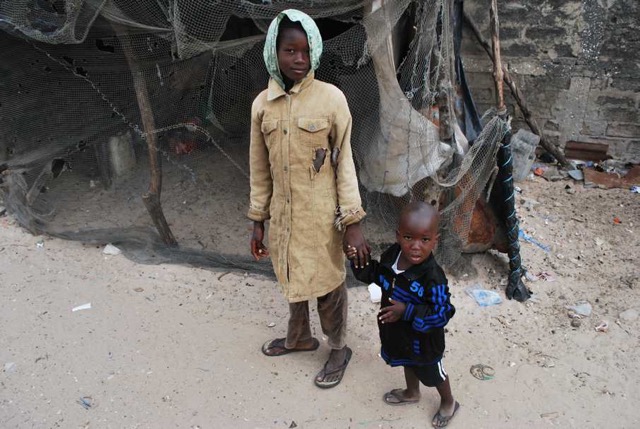 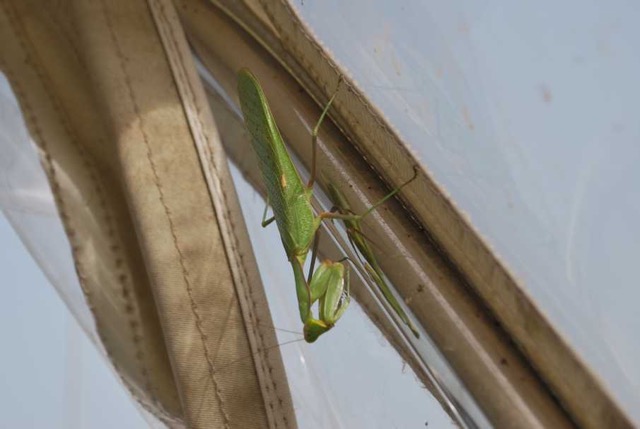 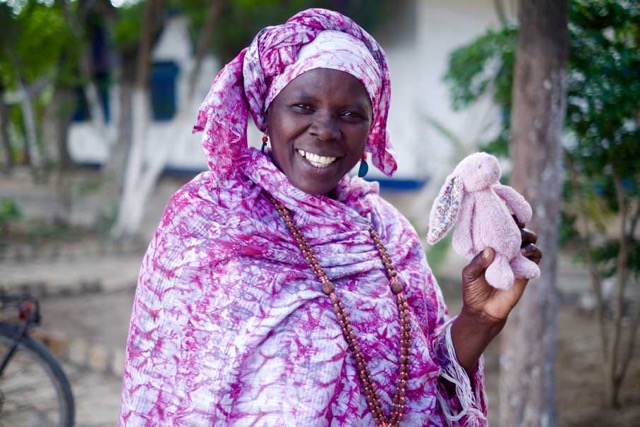 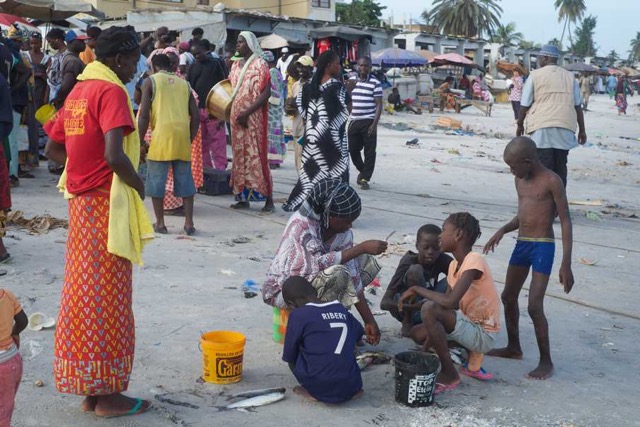 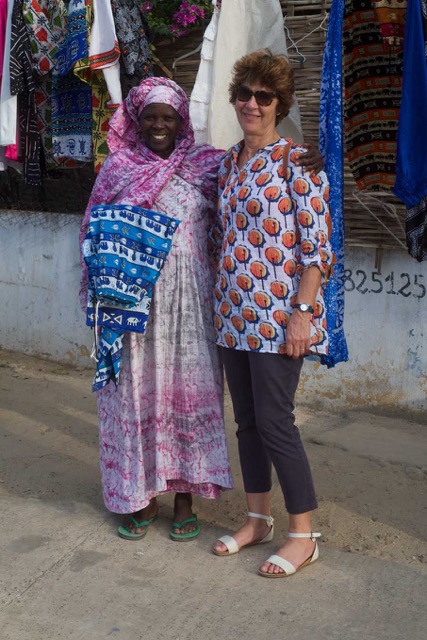  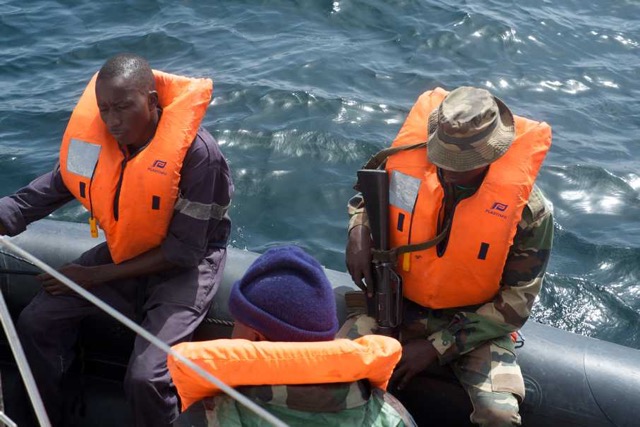 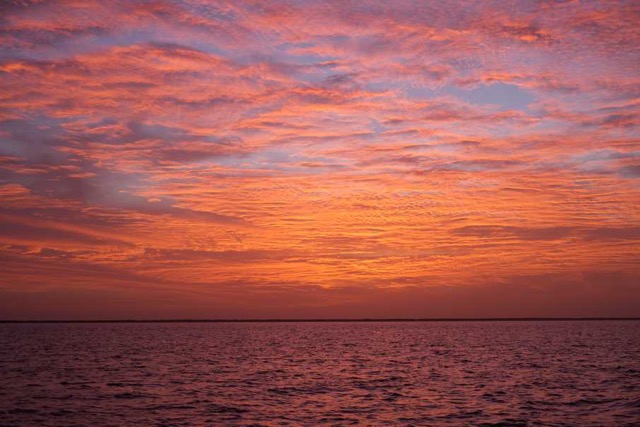 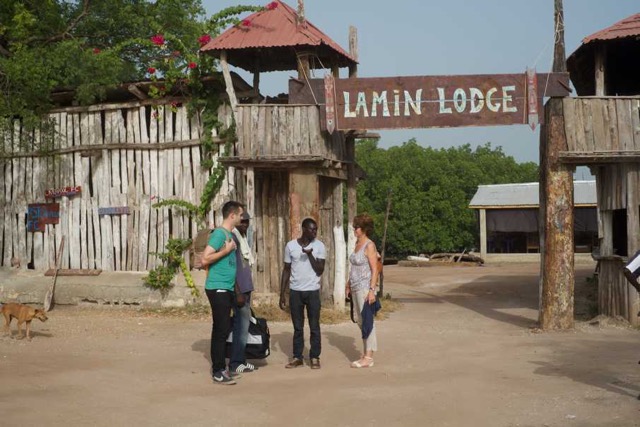 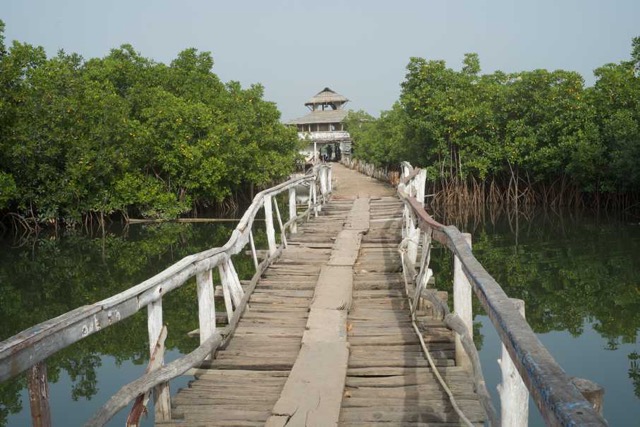 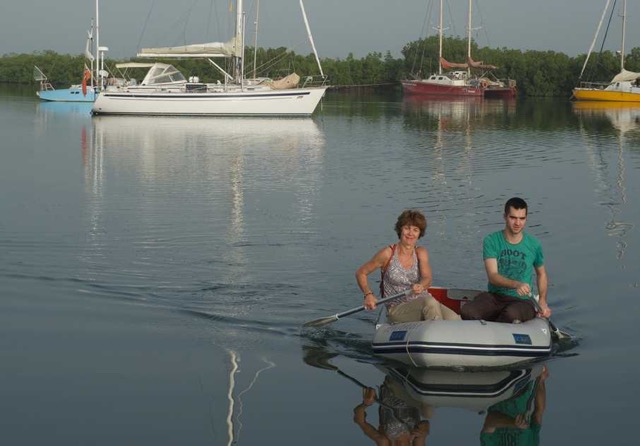 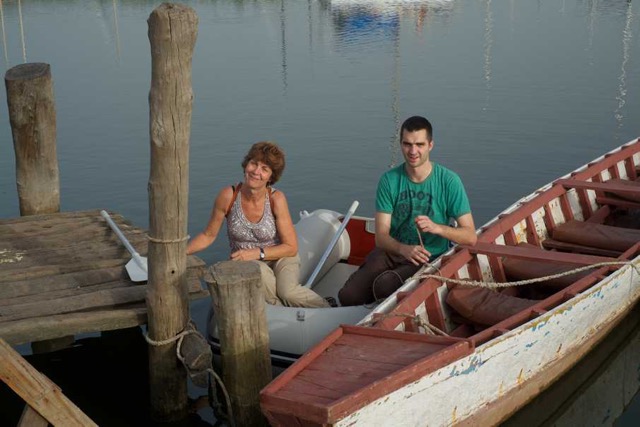   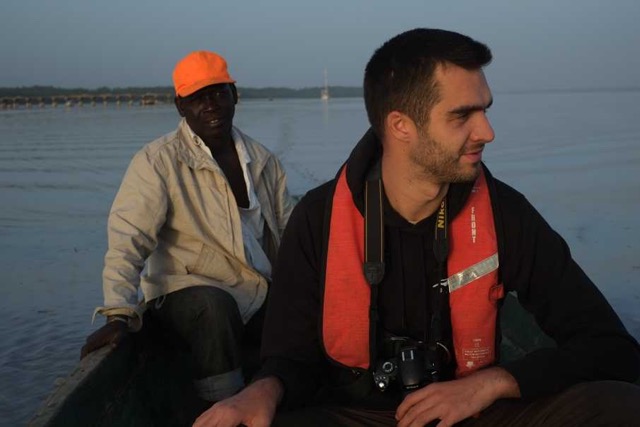 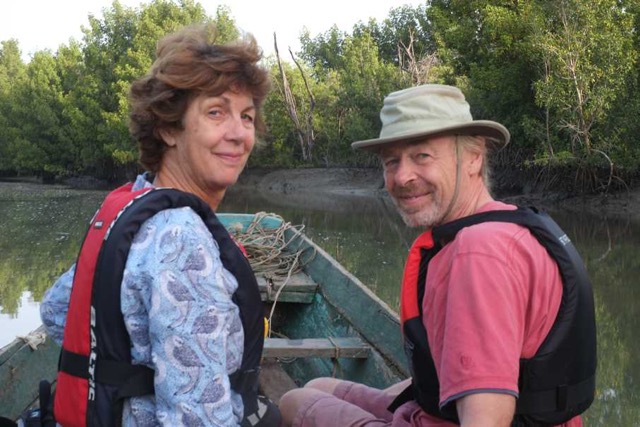  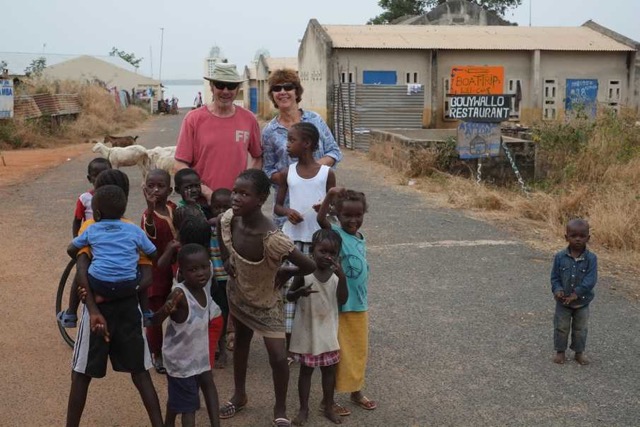  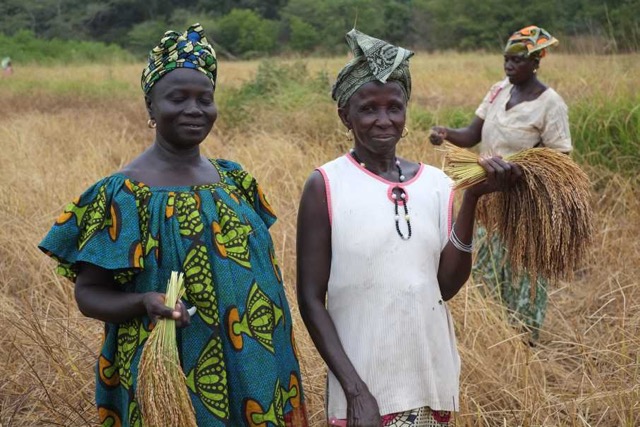 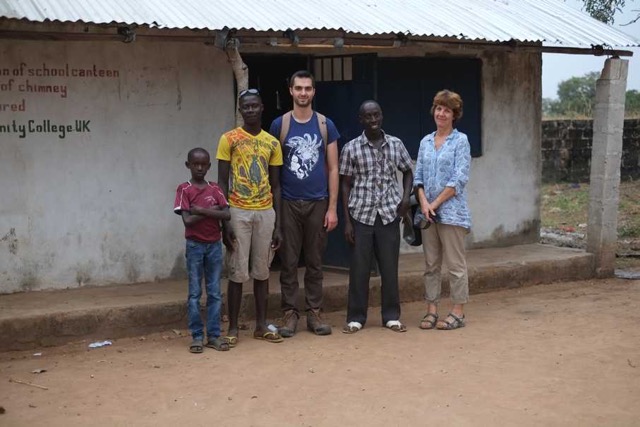 |